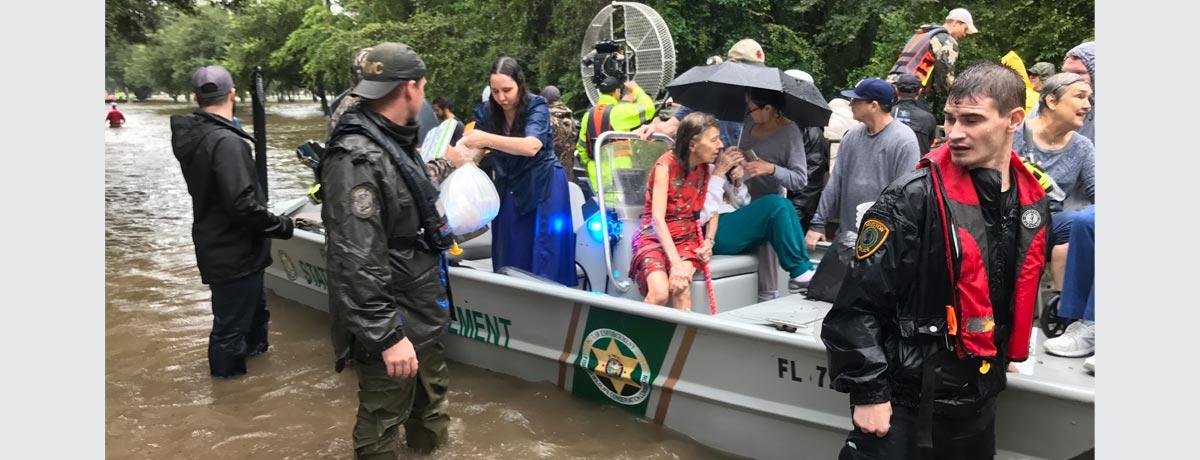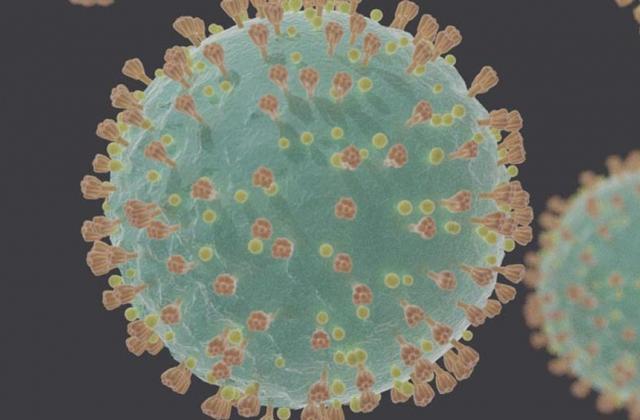Preparing for Compounded Crises

Climate change is causing more frequent extreme weather events, and rising temperatures inflame the spread of disease, an effect that will make future pandemics more difficult to manage. Moreover, compounded hazards of extreme weather, pandemics, and other emerging threats such as terrorism may affect all sectors of society including our health, food and water, infrastructure, and finance. Columbia researchers are working to ensure countries around the world are prepared to deal with such “correlated extreme events.”
Scientists at Columbia University’s Lamont-Doherty Earth Observatory have collaborated with scientists, policy experts, and representatives from government and business to explore ways to make countries and communities more resilient to compound crises.
Hurricanes, wildfires, floods, heatwaves, and other events combined with other hazards will require “administrative preparedness” — or clear playbooks not subject to politics to guide the rules of coordination for dealing with a crisis. And as the COVID-19 pandemic has made clear, communities must invest in healthcare infrastructure and information technology. Learn more.
Make Your Commitment Today


